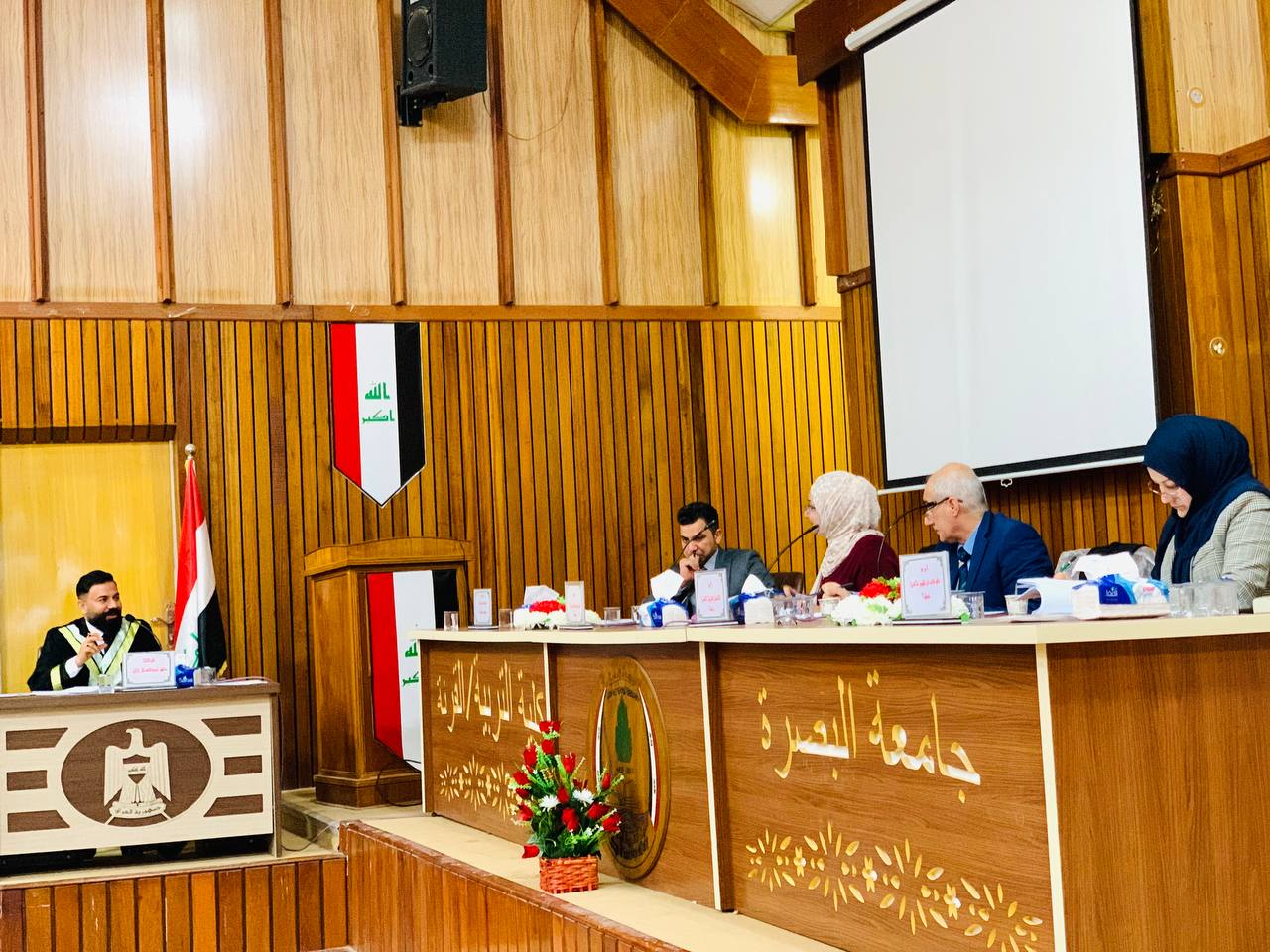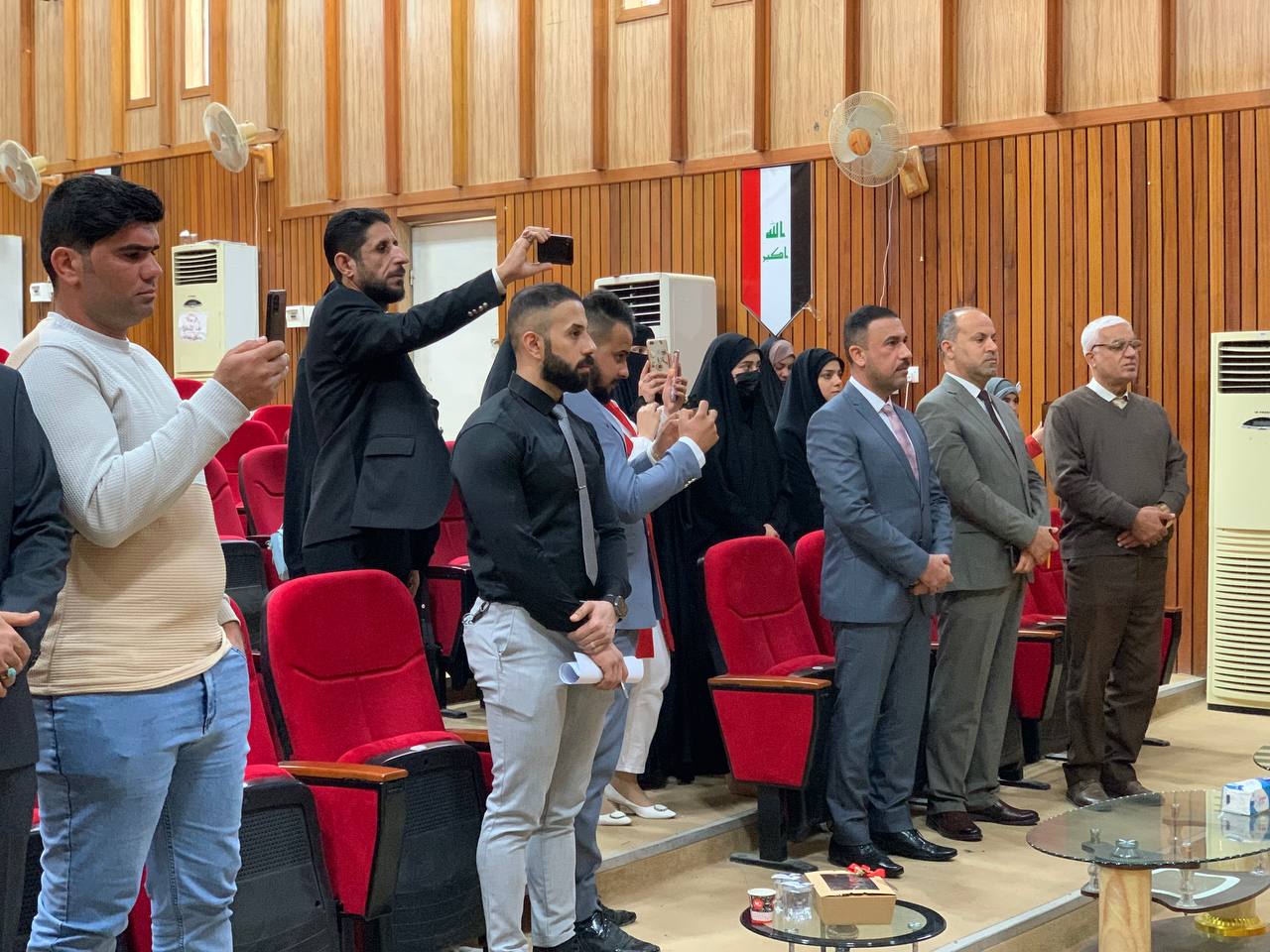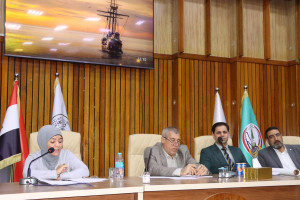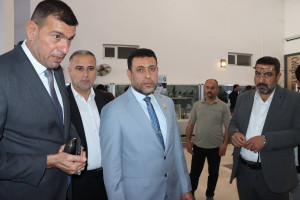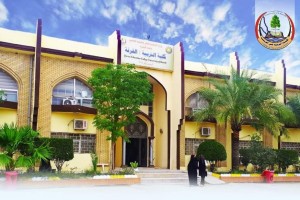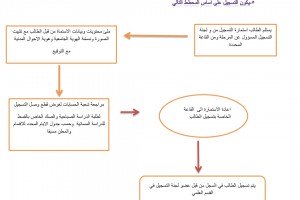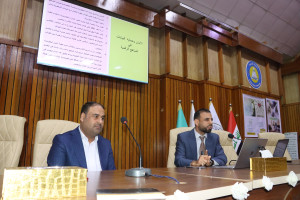
A master's thesis discussed at the University of Basra, College of Education / Qurna (the ability to biodegrade hydrocarbon compounds by some types of bacteria isolated from soil contaminated with crude oil in the Al-Faw district - southern Iraq) by researcher Maher Abdel-Sattar Jaber
In the central hall of the College of Education / Qurna
The study dealt with the collection of soil samples contaminated with crude oil from Al-Faw district, Basra Governorate, southern Iraq. The soil texture was studied and the concentrations of petroleum hydrocarbons present in these samples were estimated.
The study included the isolation of microorganisms (bacteria), the isolation was diagnosed genetically at the level of the 16S_rRNA ribosomal gene, where the results of the bacterial isolation showed that it belongs to the genus Bacillus pumilus. FB1, and studied the environmental factors affecting the biological treatment, which include nitrogen and phosphate source, pH and temperature, which were verified during the study, and the results showed that the nitrogen source NaNO3, phosphate source K2HPO4 and KH2PO4, pH 8 and incubation temperature 35 C is optimal for the growth of bacteria isolated, the results showed that the percentage of biodegradation of FB1 bacteria, which amounted to 60%, increased to 69% when applying optimal conditions.
The addition of nutrients to soil contaminated with petroleum hydrocarbons and their effect on biocracking was also studied. The results showed that the addition of (nitrogen, phosphate and potassium) reduced 80% of the total petroleum hydrocarbons during a treatment period of 60 days.
The results of the study showed that Bacillus pumilus. FB1 has the ability to break down oil pollutants and thus can be used in treating sites contaminated with crude oil.
